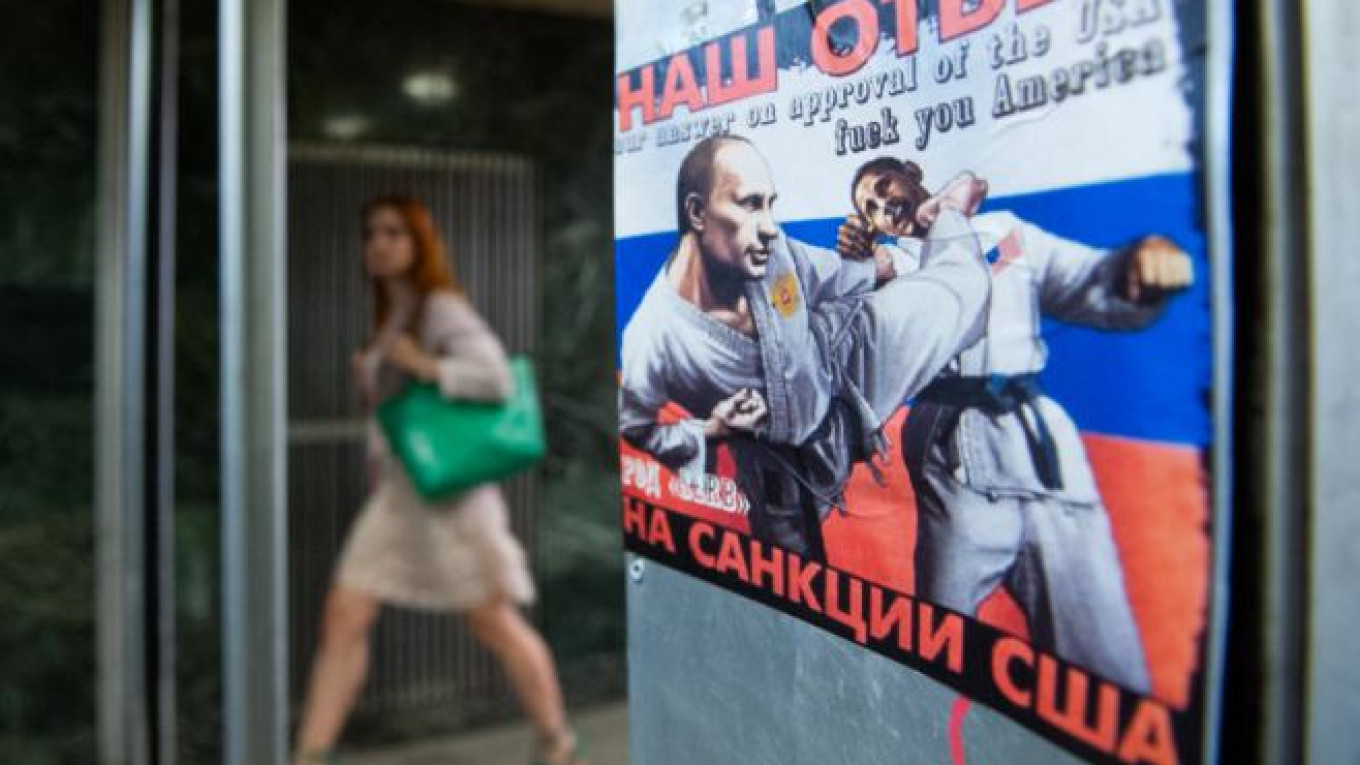President Vladimir Putin probably ordered the destruction of sanctioned foodstuffs to demonstrate that Moscow is serious: With the West implementing sanctions against this country, Russia imposes retaliatory sanctions of its own. As a result, the authorities must destroy all food products from countries falling under the ban as they cross the Russian border.
Officials must now find a way to justify the destruction of food in a country that has frequently suffered hunger, famine and protracted food shortages.
That raises not only ethical questions, but also institutional concerns: granting authority to border guards, customs officials and other government agents to incinerate foodstuffs will inevitably lead to a black market in confiscated goods as well as an increase in organized crime and corruption.
No doubt speculators and law enforcement officers will try to benefit from the new rules as well. The fact that the authorities have not yet determined how much of the banned foods individuals can bring into the country will open up huge opportunities for officials to demand bribes and engage in other forms of corruption.
Prime Minister Dmitry Medvedev recently stated that import bans on sanctioned products will stimulate domestic production of analogous products. However, the real stimulus for increased production comes from favorable taxes and a stable long-term investment climate.
The forced removal of products from store shelves and the presence of police officers to "maintain order" only stimulate a desire among speculators to profit from the artificially induced shortages.
That form of business has long prospered in the Far East and other regions, and new experts at such dealings will rapidly crop up all over Russia.
What's more, the responsible agencies have yet to develop environmentally friendly methods for destroying meat and other food products. Officials will probably have to look for unconventional ways to destroy them.
It is also possible that law enforcement officials will use the struggle against contraband as a convenient cover to extort money from importers and Russian companies that have production facilities abroad. For example, officials charged with implementing the law can seize a shipment of foodstuffs — especially perishables — under the pretext of checking their origin, effectively forcing the company to pay a hefty bribe to avoid losing the entire load. Practice in similar cases shows that banned products officially listed as "destroyed" have a way of cropping up later on the market.
In fact, the destruction of food products is simply a propaganda stunt aimed at reminding ordinary Russians that the Kremlin continues its battle against the outside world and is prepared to escalate the conflict.
Actually, the authorities could have accomplished the same goal more humanely. For example, they could have decided to seize all goods violating the import ban and distribute them among the poor and social institutions such as hospitals, schools and orphanages.
With 23 million Russians living below the poverty line — and that number daily increasing — destroying perfectly good food seems more like an affront to common sense than to the West.
Pavel Aptekar is a historian and commentator for Vedomosti. This comment originally appeared in Vedomosti.
A Message from The Moscow Times:
Dear readers,
We are facing unprecedented challenges. Russia's Prosecutor General's Office has designated The Moscow Times as an "undesirable" organization, criminalizing our work and putting our staff at risk of prosecution. This follows our earlier unjust labeling as a "foreign agent."
These actions are direct attempts to silence independent journalism in Russia. The authorities claim our work "discredits the decisions of the Russian leadership." We see things differently: we strive to provide accurate, unbiased reporting on Russia.
We, the journalists of The Moscow Times, refuse to be silenced. But to continue our work, we need your help.
Your support, no matter how small, makes a world of difference. If you can, please support us monthly starting from just $2. It's quick to set up, and every contribution makes a significant impact.
By supporting The Moscow Times, you're defending open, independent journalism in the face of repression. Thank you for standing with us.
Remind me later.


